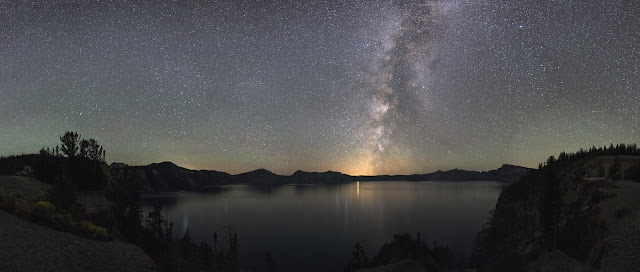The beginning of the good news of Jesus Christ, the Son of God. As it is written in the prophet Isaiah, "See, I am sending my messenger ahead of you, who will prepare your way; the voice of one crying out in the wilderness: 'Prepare the Way of the Lord, make his paths straight.'"
-Mark 1:1-3
 In the context of the Roman Empire, Mark's audience would have understood "the good news of Jesus Christ, the anointed king of Israel," as a subversive claim against what was called "the gospel" or good news of Caesar, also called the "Savior" who brought peace to the world. Giving Jesus titles like this makes the opening passage of Mark's gospel something political, controversial, and revolutionary, a declaration that those who follow this new savior have chosen to turn their backs on the rule and authority of the old king: Caesar.
In the context of the Roman Empire, Mark's audience would have understood "the good news of Jesus Christ, the anointed king of Israel," as a subversive claim against what was called "the gospel" or good news of Caesar, also called the "Savior" who brought peace to the world. Giving Jesus titles like this makes the opening passage of Mark's gospel something political, controversial, and revolutionary, a declaration that those who follow this new savior have chosen to turn their backs on the rule and authority of the old king: Caesar.
For us who choose to follow Christ, this means a new savior has come who hears our voices crying in the wilderness. He is a God who has begun the new exodus in or hearts, liberating us from the prison of sin and performance. But to enjoy the Good News or Gospel, we have to let go of the other lords who want to claim the seat of our hearts. We must rip out our allegiances to the Republican party, the Democrat party, our country, or any other system that serves as the cornerstone of our identity.
May we see the Good News: God has liberated us from a system of points. The Divine doesn't judge us by our good and bad deeds like some cosmic scale in the heavens. This gospel and our loyalty to it surpasses all forms of political empire or nationalism in its ability to bring life, peace, and joy. You are with us, have been with us, and will be with us.
Come, Lord Jesus.







